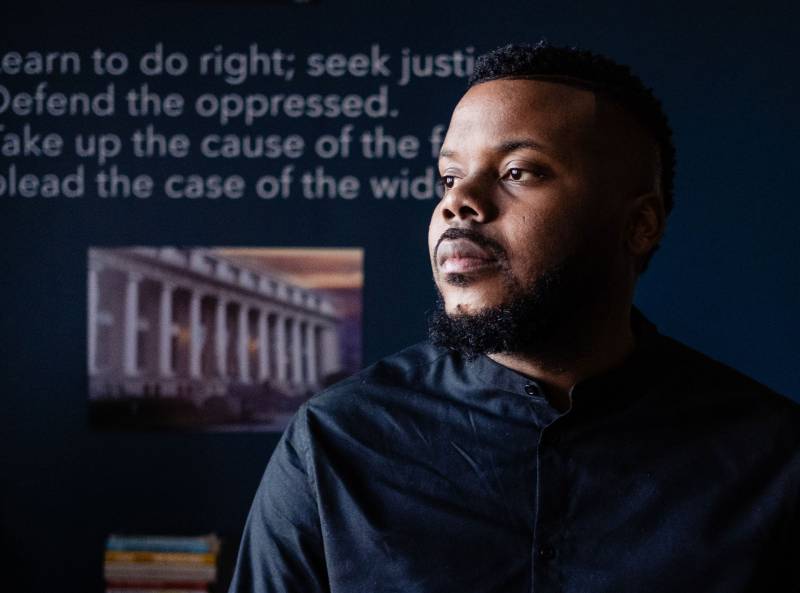Over the weekend, thousands took to the streets across California to protest the deaths of black Americans at the hands of police, sparked by the recent killings of George Floyd, Ahmaud Arbery, Breonna Taylor and numerous others.
While largely peaceful protests called for recognition, reform and solidarity, many ended with reports of widespread vandalism, theft and fires.
Several California cities – now including much of the Bay Area – have established curfews, and some have cited and arrested numerous demonstrators for alleged violations.
As many Californians continue to express anger and unrest, co-host of KQED's "The California Report" Saul Gonzalez spoke with Stockton Mayor Michael Tubbs about his perspective on this weekend's protests.

